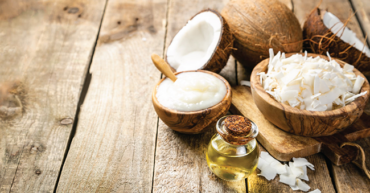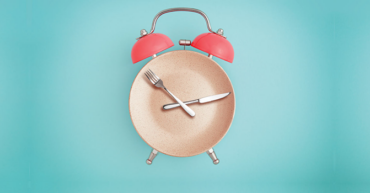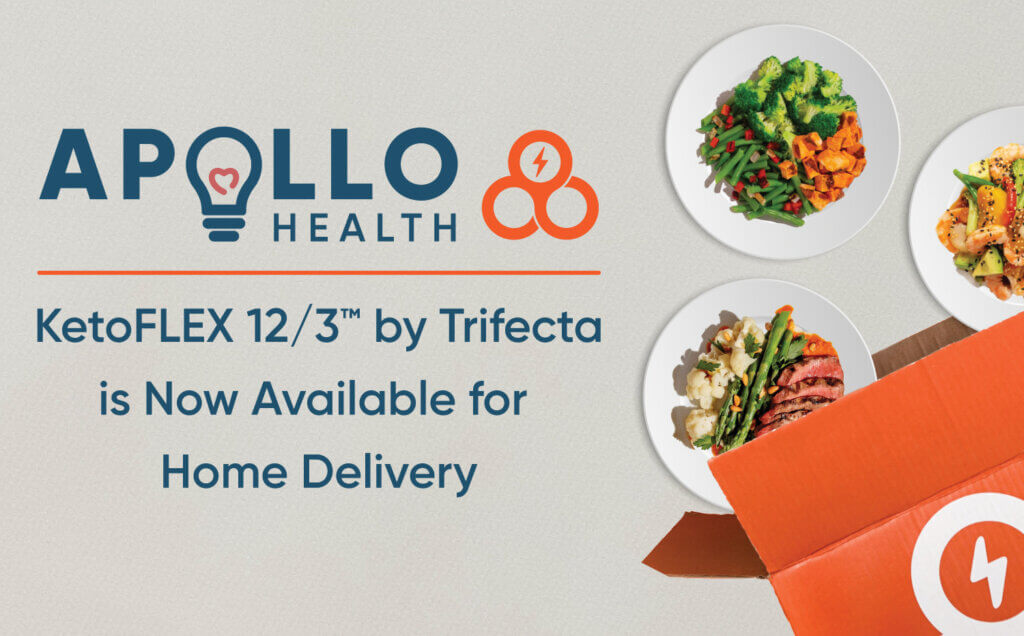May 8, 2023
How to Avoid the Keto Flu


As you adopt the KetoFLEX 12/3 lifestyle and begin to extend your fast and decrease simple carbohydrates, you’ll start creating ketone bodies. Congratulations! You’ve achieved one of the goals of the protocol. Some people, however, experience transitional symptoms during this adaptation period that can temporarily make them feel worse. This manifestation has been dubbed the “keto flu.” Not everyone is affected, and the severity of the symptoms varies from person to person. These symptoms are typically mild and relatively short in duration.
Symptoms of Keto Flu
● Headache
● Brain fog
● Nausea
● Bad breath
● Lightheadedness
● Faster heart rate
● Leg cramps
● Fatigue
● Reduced physical performance
Dehydration (and the accompanying mineral loss) lies behind most of these transitional side effects. As you extend your fast, your body is burning up the extra glycogen (stored glucose) in your liver and muscles. Breaking down glycogen releases a lot of water. As your carb intake and glycogen stores drop, your kidneys will start dumping this excess water through urination, leading to dehydration. Because you’ve concurrently stopped eating processed food (loaded with sodium), you’ve decreased your salt intake, which can exacerbate your state of dehydration.
It’s especially important while transitioning, and throughout the period of time that you’re practicing the KetoFLEX 12/3 lifestyle, to drink lots of clean, filtered water and to ensure adequate sea salt intake to support healthy hydration and replenish lost minerals. The addition of plentiful non-starchy vegetables and fruit will ensure adequate electrolyte intake.
The transition to ketosis leads to lower blood pressure for most people, even with the addition of sea salt. A small subset of people, however, may be susceptible to higher blood pressure with added salt. Be sure to monitor your blood pressure to see how you respond.
We recommend sea salt as opposed to table salt for a variety of reasons. It’s rich in minerals and electrolytes that help to prevent dehydration. Most sea salt, however, doesn’t contain iodine which is necessary for proper thyroid functioning. Be sure you get an adequate amount of iodine through your intake of seafood and sea vegetables.
In addition to staying hydrated and using sea salt for seasoning, you can consider the transitional use of a small amount of ketone supplements to ease symptoms and improve athletic performance. Many people find that a very small dose, such as that found in a 1 g MCT capsule (1/5 tsp), can be of substantial help, while others need more. Experiment to see the lowest dose that does the trick for you. See Ketone Supplements to learn more.






